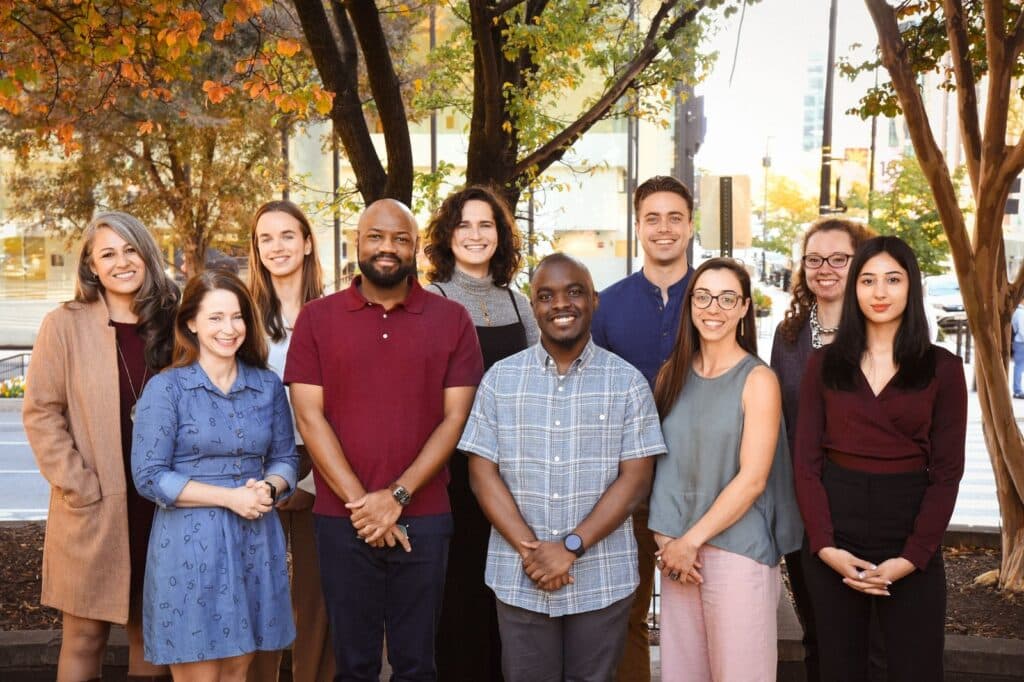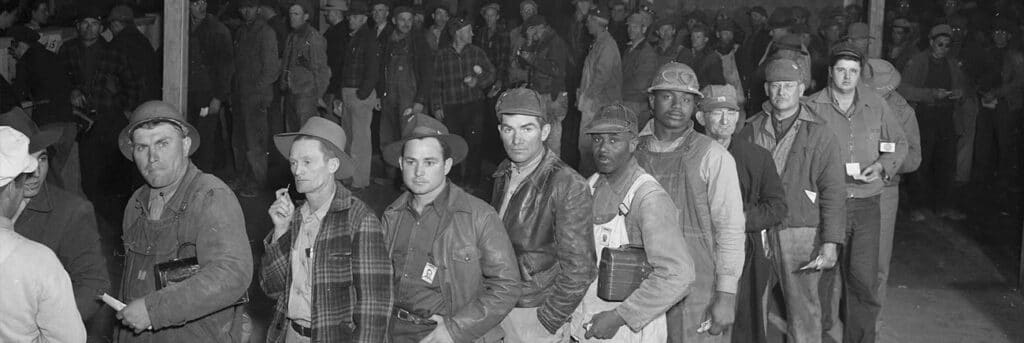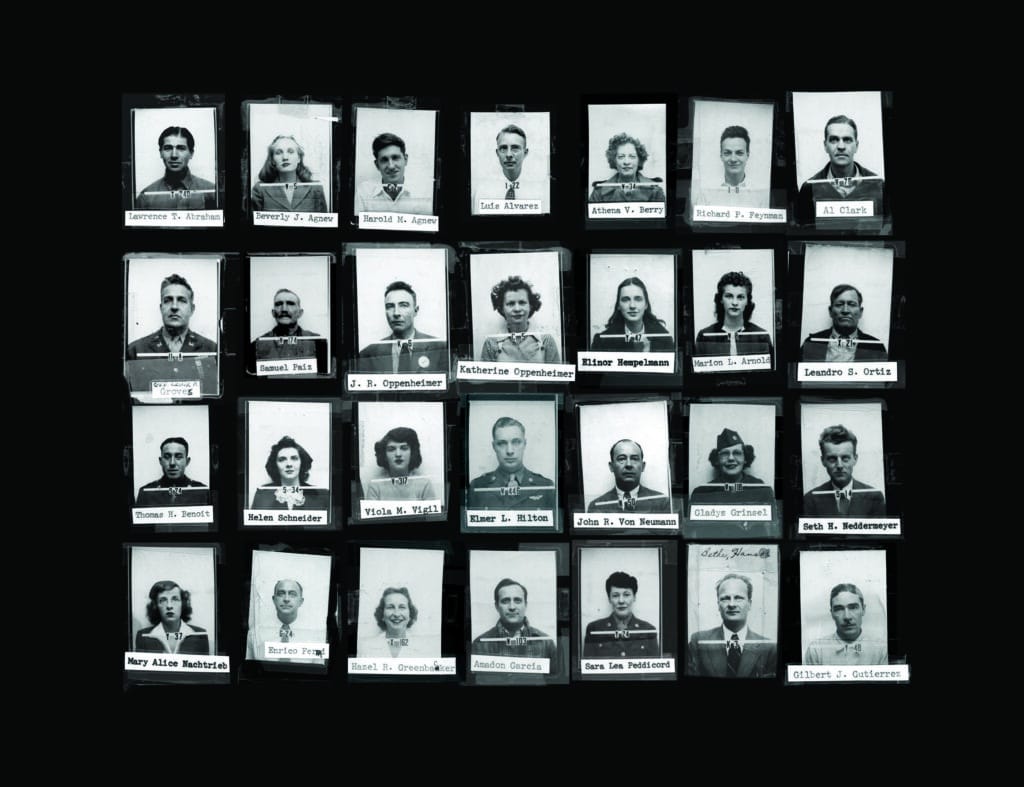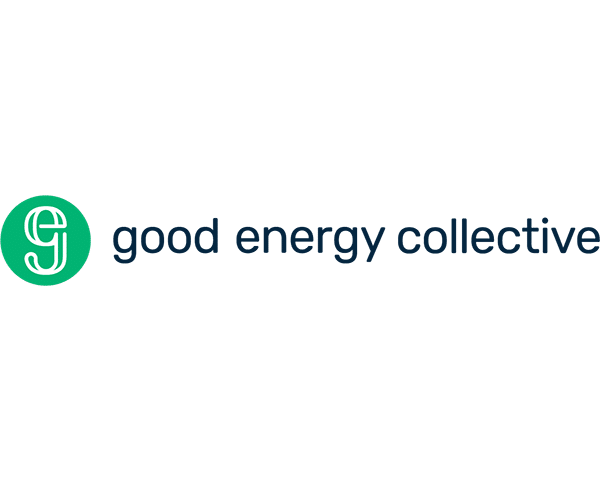
By Good Energy Collective
Through the lens of the award-winning film Oppenheimer, Good Energy Collective’s Michael Mouton argues for a reevaluation and departure from the “great man” narrative. He calls for a collective approach to far-reaching crises and problems — like the climate crisis. Good Energy Collective is a women-led, progressive nonprofit that champions nuclear energy as an essential part of the broader climate agenda while working to align the clean energy space with environmental justice.
Christopher Nolan’s critically acclaimed, blockbuster film Oppenheimer has taken the world by storm, culminating in winning Best Picture at the 93rd Academy Awards in March. The film invites audiences into the life and trials of J. Robert Oppenheimer, the man dubbed the “father of the atomic bomb.”
Viewers are offered an intimate view of Oppenheimer’s drive to build the bomb and, later, his guilt and pursuit to rein in the military-industrial complex’s obsession with lethal atomic power. Yet, beneath the surface of this award-winning film lies a broader cultural penchant for romanticizing the “great man” narrative, often sidelining the collective, far-reaching consequences of monumental decisions.
Kitty Oppenheimer’s poignant words, “You don’t get to commit the sin and then ask all of us to feel sorry for you when there are consequences,” resonate far beyond the confines of the film, mirroring the current climate crisis. Here, too, we witness a narrow band of leaders making decisions with global ramifications, echoing the patterns of the past.

The Manhattan Project, conducted on forcibly seized Indigenous land and the climate crisis, both driven by elite decision-making, underscore a common theme: marginalized communities bear the brunt of fallout and environmental injustices, while those in power remain insulated from the immediate consequences. Recognizing this pattern is the first step toward dismantling the structures perpetuating these disparities, urging us toward solutions prioritizing justice and inclusivity.
Challenging the “great man” narrative is imperative. The “great men” of history, often wealthy, privileged, White men, have been at the forefront of warning about future risks — risks that are more likely to affect their socio-economic group in the distant future rather than the pressing realities faced by less privileged communities today. This pattern of overlooking the immediate and dire consequences on marginalized communities in favor of focusing on future, broader impacts reflects a deep-seated imbalance in global decision-making processes.
For instance, U.S. government testing of nuclear weapons was predominantly conducted in remote, often Indigenous, lands, where the local communities bore the immediate health and environmental consequences. Similarly, the extraction and mining of uranium for these weapons disproportionately affected Indigenous populations, leaving a legacy of pollution and disease. These actions were justified by focusing on national security and technological advancement, with little regard for the voices or rights of those directly impacted.
This pattern repeats itself in the context of the climate crisis. Society’s most privileged talk about the need to prevent future climate catastrophes, such as sea-level rise and other climate impacts that threaten their way of life, property, and economic interests.

Meanwhile, marginalized communities are already facing the brunt of climate change through extreme weather events, fossil-fueled air pollution, and other environmental injustices. These communities often have the least resources to adapt to or recover from such impacts, yet their voices and experiences are frequently excluded from climate policy discussions.
Our approach to global challenges requires a shift towards inclusivity and equity, valuing diverse voices and perspectives. We must bring to the forefront the stories of women, Indigenous peoples, and people of color, acknowledging their contributions and the direct effects on their communities. It’s time to challenge narratives that elevate individuals and the West at the expense of understanding broader social and environmental contexts. We must adopt a more democratic and inclusive approach to addressing the world’s most pressing issues.
As Oppenheimer himself reflected on the potential consequences of his work, “When I came to you with those calculations, we thought we might start a chain reaction that could destroy the entire world.”
Let this be a reminder of our collective responsibility in shaping a future that acknowledges and addresses the impacts of our decisions on all communities, not just a select few.

Visit Good Energy Collective’s website to learn more about their work!
